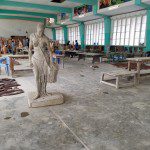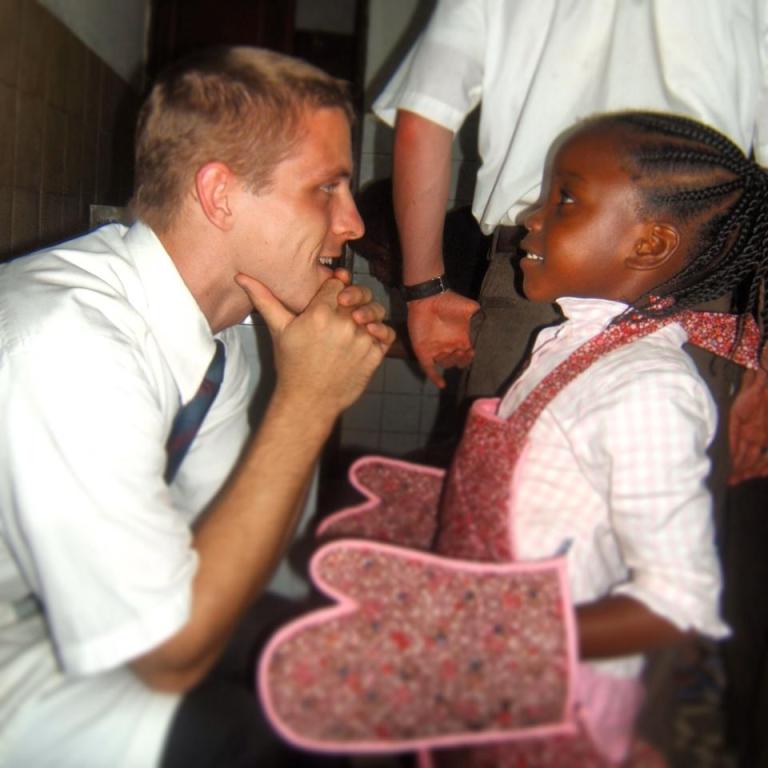 After taking the plea deal, Maye was released from jail. She had spent seven months behind bars and often in the medical unit.
After taking the plea deal, Maye was released from jail. She had spent seven months behind bars and often in the medical unit.
I was with her when she had a court appearance. She was again her stunning self, dressed and coiffed beautifully. The prosecutor did a double take, which I noticed. He had been dealing with a traumatized woman in an orange jumpsuit, and she now stood before him like a queen.
She gave birth to her daughter soon after her release, and began looking for jobs to support herself and her little girl. She was given one job after another–and lost every one when the background check was done and the employers found her name on the sex registry. (The deal insisted that she be on the registry for twelve years.) Her trauma continued.
I filed a complaint against the judge, assisted by an excellent lawyer in Washington DC. He told me that judges tended to protect each other, so my complaint would likely fail, though it deserved a solid shot. The judge was only a few months from retirement when I filed my complaint. The board denied it, finding “insufficient evidence.” Of course, there was no way to prove that something on the recording of the preliminary hearing had been erased.
It would appear that everything failed–the justice system, the checks and balances to respond to judicial misconduct. I do not believe in permanent failure, however. I believe that this case is still open in a larger court–a divine one–and that this story will eventually be told without the restraints I have imposed on myself in writing this five-part series.
For now, if you have felt the pull to do something about this miscarriage of justice, find an organization which helps those who have found themselves victims of racialized politics or systemic racism and volunteer to help or donate. I donate monthly to Journey of Hope Utah (www.journeyofhopeutah.org). I also recommend the Piney Woods school in Mississippi, a school which Darius Gray’s parents donated to throughout their lives. It continues to do good. https://www.pineywoods.org/
I also urge readers to openly ask their black friends if they have ever been profiled or treated unjustly because of their skin color. The key to our progress begins with listening.












